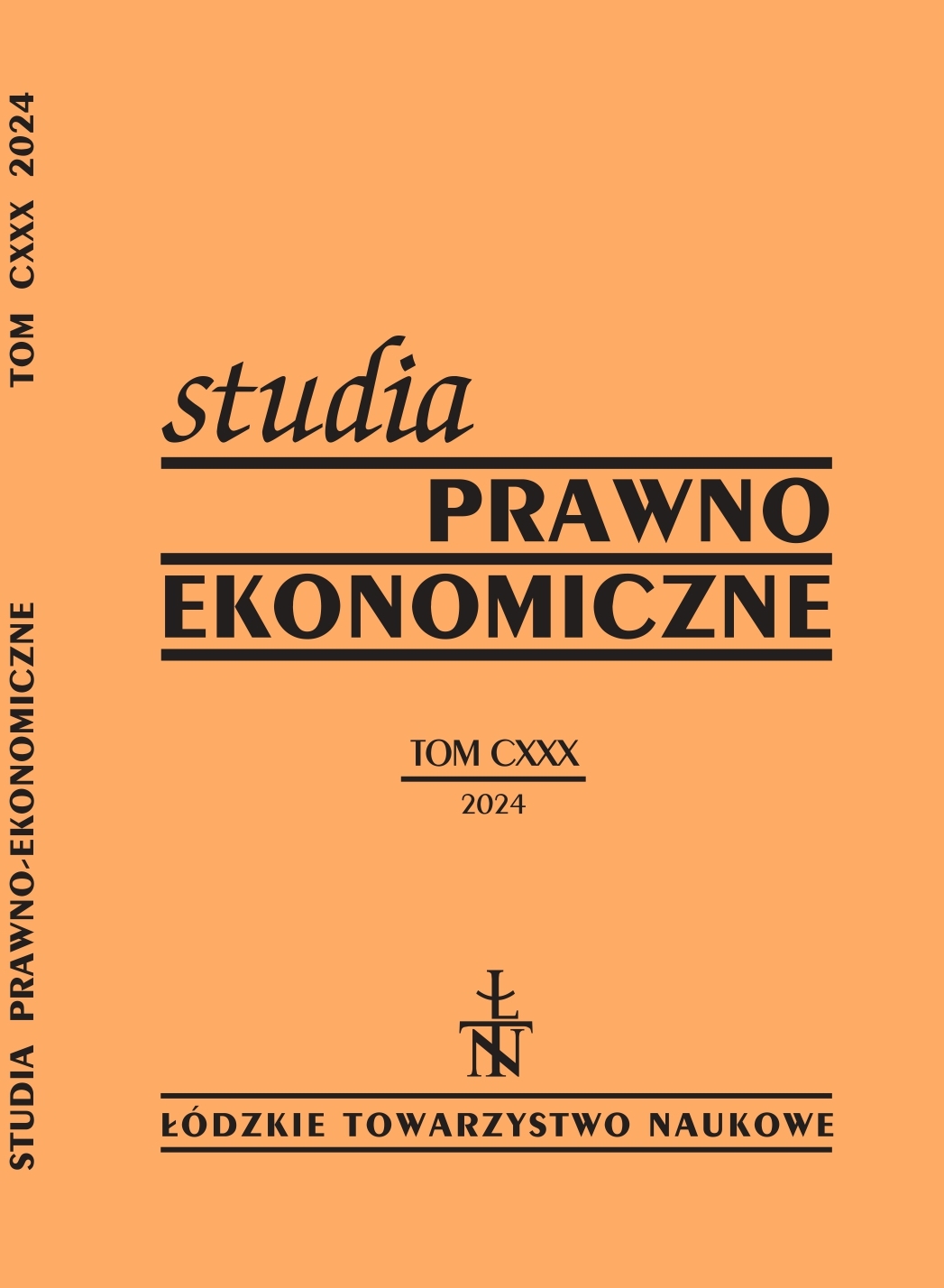Kilka uwag o celach Dyrektywy UE o cenach transferowych
Few remarks on EU transfer pricing Directive proposal
Author(s): Krzysztof LipkaSubject(s): International Law, EU-Legislation
Published by: Łódzkie Towarzystwo Naukowe
Keywords: transfer pricing; EU law; EU directives; international tax law; OECD;
Summary/Abstract: Background: In 2023 a draft EU Directive on transfer pricing was presented by the EU. However, the choice of this topic as the subject of EU regulation does not seem obvious. Transfer pricing is an important element of direct taxes, which are not subject to harmonization. Moreover, because the EU countries apply OECD guidelines, their regulations do not differ significantly, which leads to conclusion that there is no urgent need for their further unification. In the official justification the document explains the goals of harmonizing by the need to combat abuse in profit transfers and to create simplified solutions for taxpayers operating across EU countries. However, it seems that the EU also had other goals when choosing transfer pricing as the target for harmonization. Moreover, the introduction of this Directive may have a significant impact on the process of creating global transfer pricing standards, as well as general rules of the global tax order. Purpose of research: The article analyzes the reasons for preparing the EU transfer pricing Directive and seeks answers to questions about the far-reaching effects of its implementation. This includes its’ impact on the position of the OECD as the source of global standards in this field and the EU as their user, and perhaps soon to be also co-author. The hypothesis of the article is that through the Directive the EU is trying to achieve broader goals than merely the unification of transfer prices. Method: The research used theoretical and legal methods to analyze the views of the doctrine and examine the main polemical trends, as well as dogmatic-legal and logical-linguistic methods. It was created based on analysis of the content of legal acts and documents as well as studies of the literature related to the subject . Conclusions: The study has shown that the introduction of the Directive may have a significant impact on the process of further harmonization of direct taxes in the EU. As a result, the EU may gain a direct influence on the global solutions and weaken the monopoly position of the OECD as the main source of transfer pricing standards. It may also enable the EU to increase its influence over the global tax order.
Journal: Studia Prawno-Ekonomiczne
- Issue Year: 2024
- Issue No: 130
- Page Range: 29-45
- Page Count: 17
- Language: Polish

